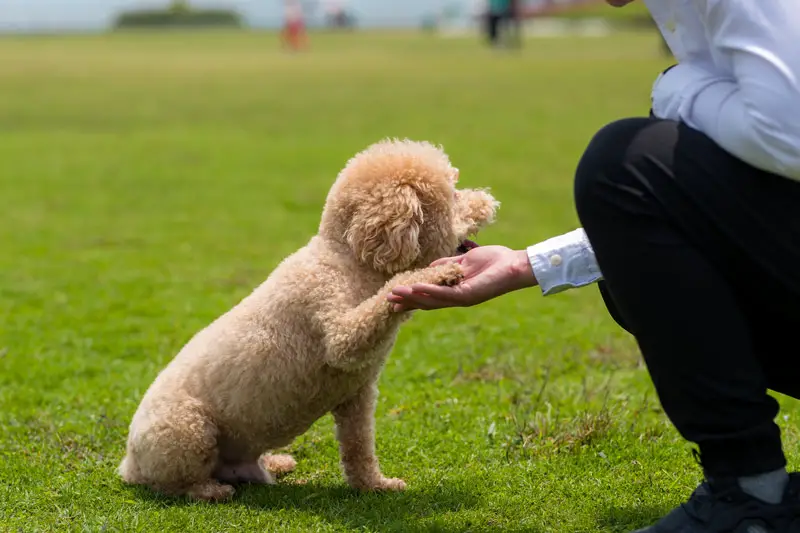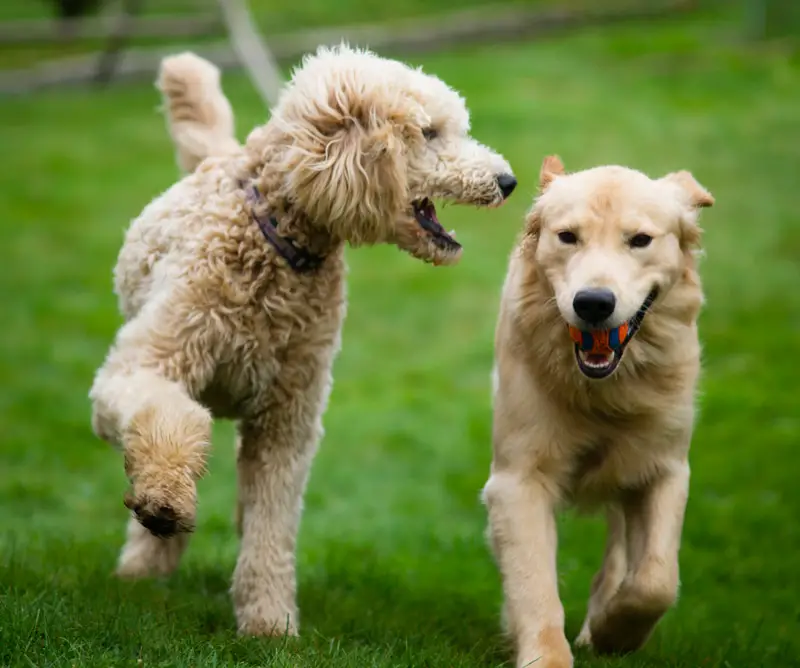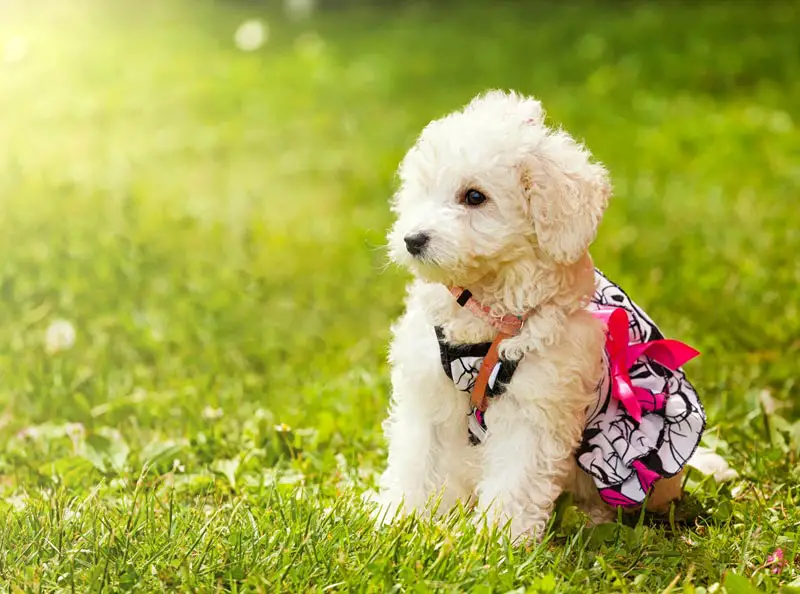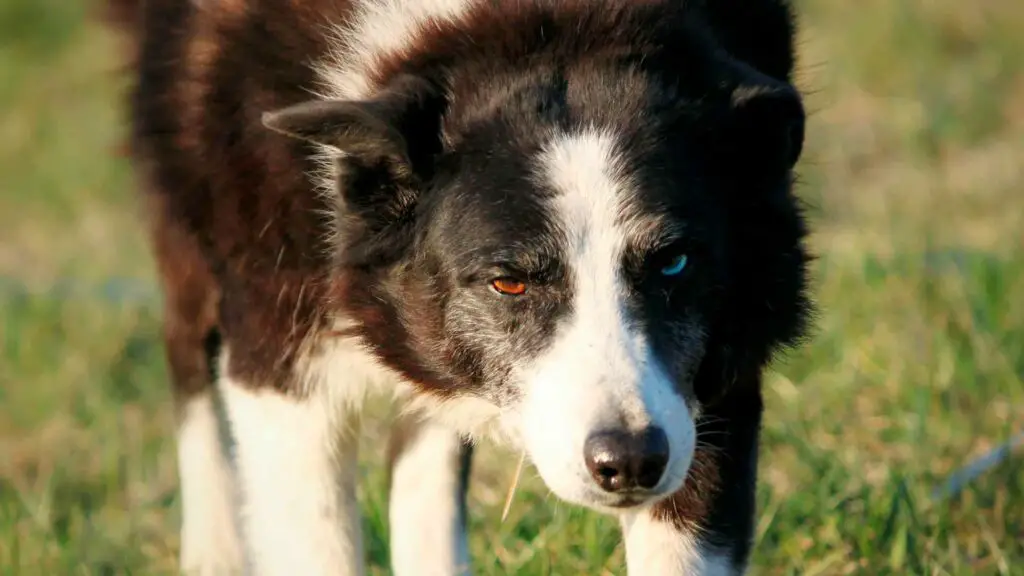Poodles are world-renowned for their haircuts and high energy. Not to forget, they are highly intelligent among all breeds of dogs. But are they inherently short-tempered and aggressive by nature? Or are some external triggers the reason for their anger?
Poodles, both standard and miniature types are known for getting riled up during stressful situations. But if your dog showcases aggressive episodes abruptly without any specific reason, it is a matter that deserves looking into.
It is imperative to identify the root cause of their sudden anger. The poodle is a breed that does not get too aggressive in general. Based on the causal factor, we will look into the methods of controlling their anger. So without any further ado, let’s jump into the topic at hand – “Are poodles aggressive dogs?”












